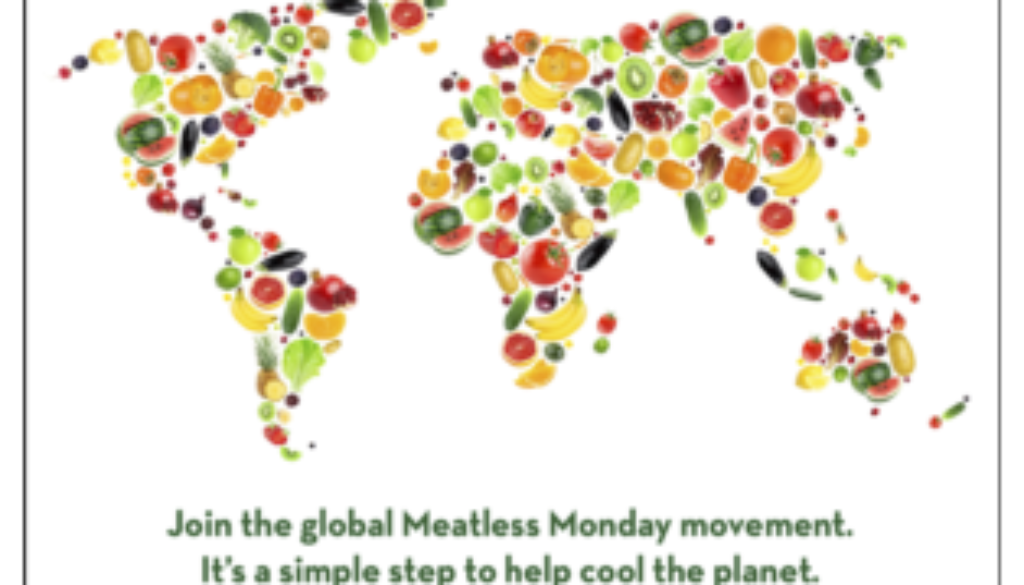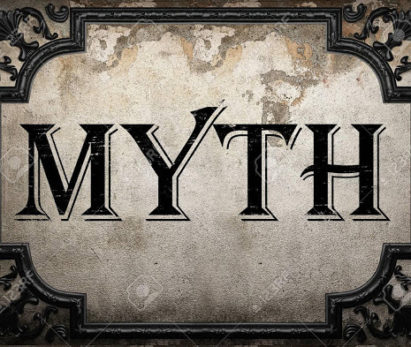Meatless Monday impacts on health and the enviroment
Adding a “Meatless Monday” Could Benefit Your Health and the Environment
Meat substitutes are more readily available than ever. From bacon, burgers and hot dogs to pulled pork and beyond, you can satisfy your craving for meat while benefiting the environment and animals everywhere.
Started by The Monday Campaigns, Meatless Monday encourages people to ditch meat once a week. Their goal is to reduce meat consumption by 15% for our health and the health of the planet. An easy enough goal and the trend is growing. Made relatively popular through social media, the non-profit also send free materials to schools, churches, hospitals, and other organizations and individuals to help them get started.
But how exactly does eliminating meat for just one day a week help? As humans grow more conscious about where our food is sourced, there’s been a rise in demand for cruelty-free methods of farming. Just this past June, a viral video released by Animal Recovery Mission revealed shocking conditions suffered by dairy cows and calves at Fair Oaks Farms, a dairy owned by FairLife LLC. To date, there are four legal complaints filed against FairLife. They’ve also been forced to conduct audits of the rest of their dairy farms.
Animal abuses aside, the environmental impacts of reducing our meat intake could be enormous. Cattle ranching is estimated to contribute to four-fifths of the deforestation of the Amazon rainforest. Huge swathes of land devoted to only farming create a cycle of waste and greenhouse gasses being released into the environment. The EPA states that the bulk of greenhouse gas emissions in our atmosphere come from burning fossil fuels for electricity, heat, and transportation. The agricultural industry still makes up for nine percent of total greenhouse gas emissions by sector. There’s a lot of room for improvement, and a change of diet can help it along.
Vegan and vegetarian diets are more sustainable than a diet that includes animal products. The Academy of Nutrition and Dietetics agrees that everyone—from pregnant women to the elderly—can follow a plant-based diet and maintain a healthy lifestyle. Vegetarians and vegans are at a lowered risk of certain conditions including heart disease, type 2 diabetes, hypertension, and obesity. While some supplements or fortified foods are required to keep a healthy level of vitamin B-12, the lifestyle is a healthy one.
So, what can you do now, with all this information? Start participating in Meatless Monday! The meatless Monday movement has existed for two decades across 40 countries. Morning Star Farms, a popular brand of plant-based protein, has existed for over forty years. They feature a neat “Veg Effect Calculator” on their website to show the difference you can make by replacing meat with veggies. Impossible Foods strives to make the meatiest non-meat products they can, even partnering with Burger King to introduce their “100% Whopper, 0% Beef” Whopper.
There are classic replacements, of course. Tempeh is a soy-based product—it’s a lot like tofu only firmer—and can be used in a variety of ways. This recipe for Thai-style Tempeh Tacos weds roasted sweet potatoes with the nutty flavor of tempeh and a quick-pickled cabbage, a delight to any foodie out there and easy and quick to whip up for dinner. If you’d rather have a set-it-and-forget-it meal, this Chickpea Stew is easy to assemble and let stew away in a crockpot or instant pot. If you want it fully vegan, you can replace butter with ghee or coconut oil. Just combine all the ingredients, let it stew, and enjoy!
Eliminating meat one day a week can start a conversation about our health, the environment, and introduces you to tasty, healthy alternatives you can enjoy daily.
Calculator link: https://www.morningstarfarms.com/comparisonfacts.html
Taco link: https://www.meatlessmonday.com/recipes/thai-tempeh-tacos/
Chickpea stew link: https://recipes.instantpot.com/recipe/instant-pot-chickpea-stew/
https://www.ncbi.nlm.nih.gov/pubmed/27886704
https://www.epa.gov/ghgemissions/sources-greenhouse-gas-emissions





